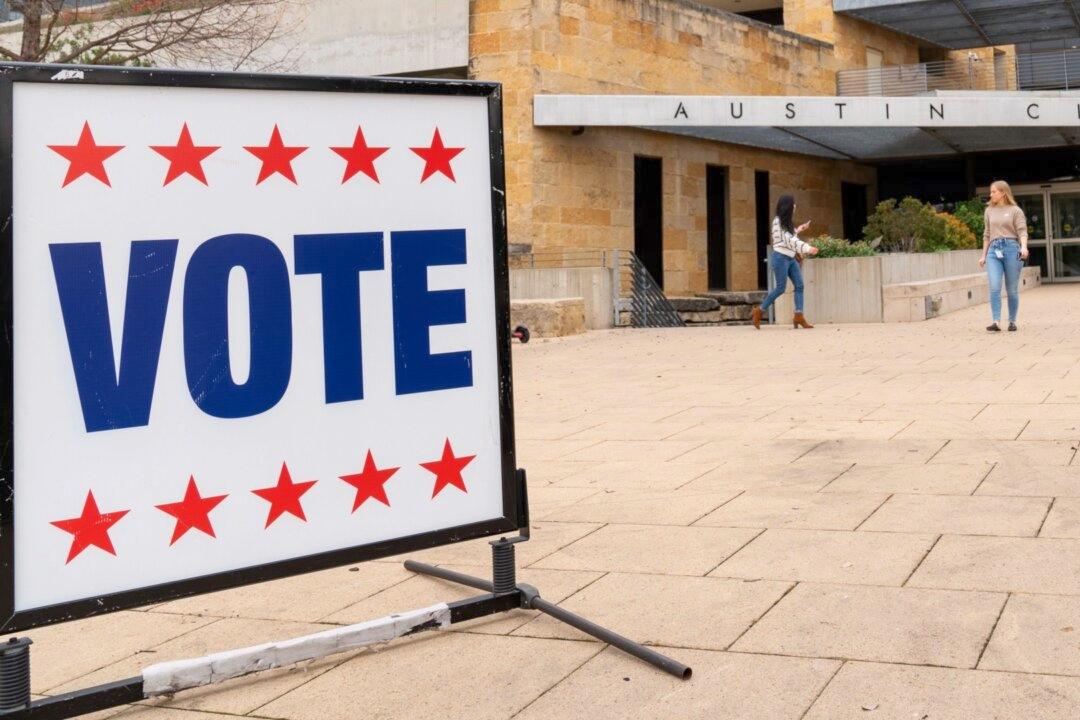Texas Democrats abandoned the House floor on the night of May 30 in an effort to prevent the passage of a sweeping election overhaul bill that had already passed the state Senate.
The Democrat lawmakers managed to defeat the bill temporarily by breaking the quorum needed to hold a final vote on it. According to the state House rules, at least 100 members are required to be present for the chamber to conduct business.




